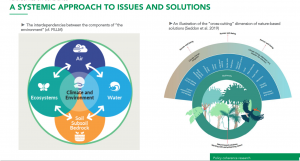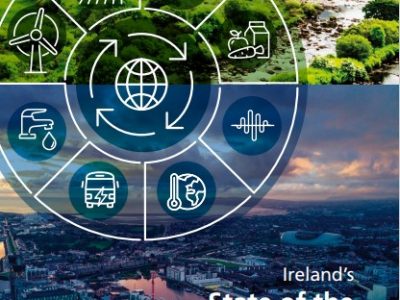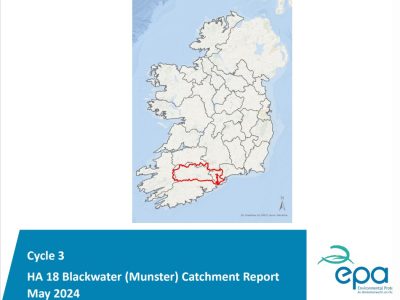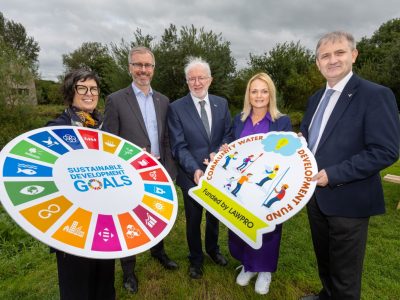The Water Forum’s recently commissioned research on ‘An assessment of Policy Coherence and Conflicts for Water and Environmental Management’ and policy brief is now available
A Research Report and Policy Brief submitted to the Water Forum and prepared by Nelly Montblanc
Summary
Despite the existence of environmental and water management policies for over 50 years, the condition of our natural world continues to decline. There is a clear discrepancy between policy ambitions and results and this report posits that these are owing to a combination of high level causes including: cogitative biases, social norms, geopolitics, combined with specific policy challenges. The policy challenges include:
- insufficient ‘stringency’ that is setting easy targets;
- a lack of implementation not enforcing measures to achieve the targets; and
- piecemeal development of policy and implementation.
Water and environmental management are wicked-problems in that they are characterised by complexity, uncertainty and divergence (differing perspectives and understandings of the problems, issues and solutions).
Policy coherence is more of an attitude than a rigorous process and it requires a new lens that ensures linkages between policy domains and issues to increase understanding and awareness costs and benefits. New policy instruments need to consider those already in existence and the ‘on the ground’ conditions. Conflicting objectives and perspectives, traditionally hidden or left unsolved, need to be considered openly, and addressed.
The report and policy brief identified a number of conditions that are required to provide the for better policy alignment. Key to these is a focus on knowledge development; particularly strengthening dialogue between science and policy through action research projects. Cooperation across institutional boundaries with greater transparency in policy development where agencies and departments work together to identify potential interfaces between relevant environmental and sectoral policies and to identify and agree trade-offs in a transparent way.
Moving forward, to achieve the real transformative change required for us to live within planetary boundaries, a paradigm shift would need to be fostered. This will require among other things, new narratives, such as ‘living better with less impact’. Stakeholders could also be involved to build-up collective preferences through deliberative processes.




